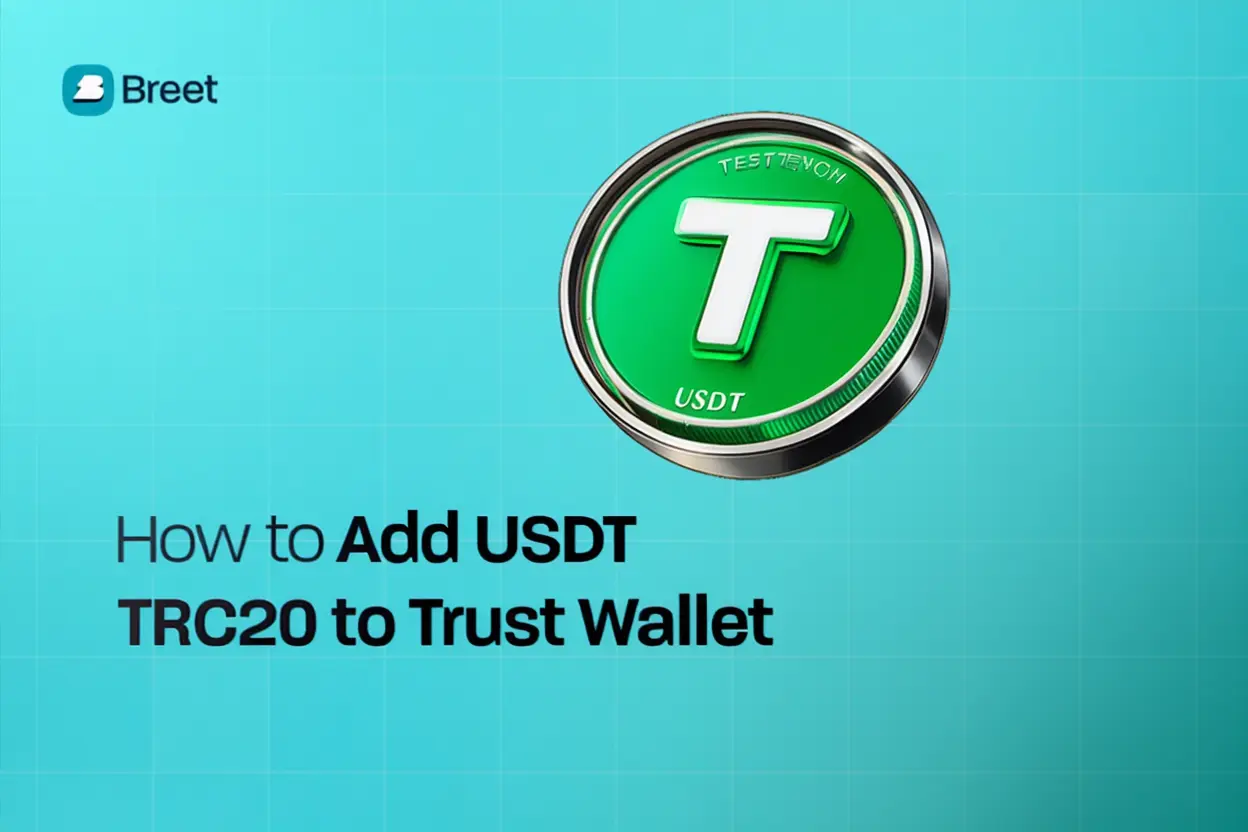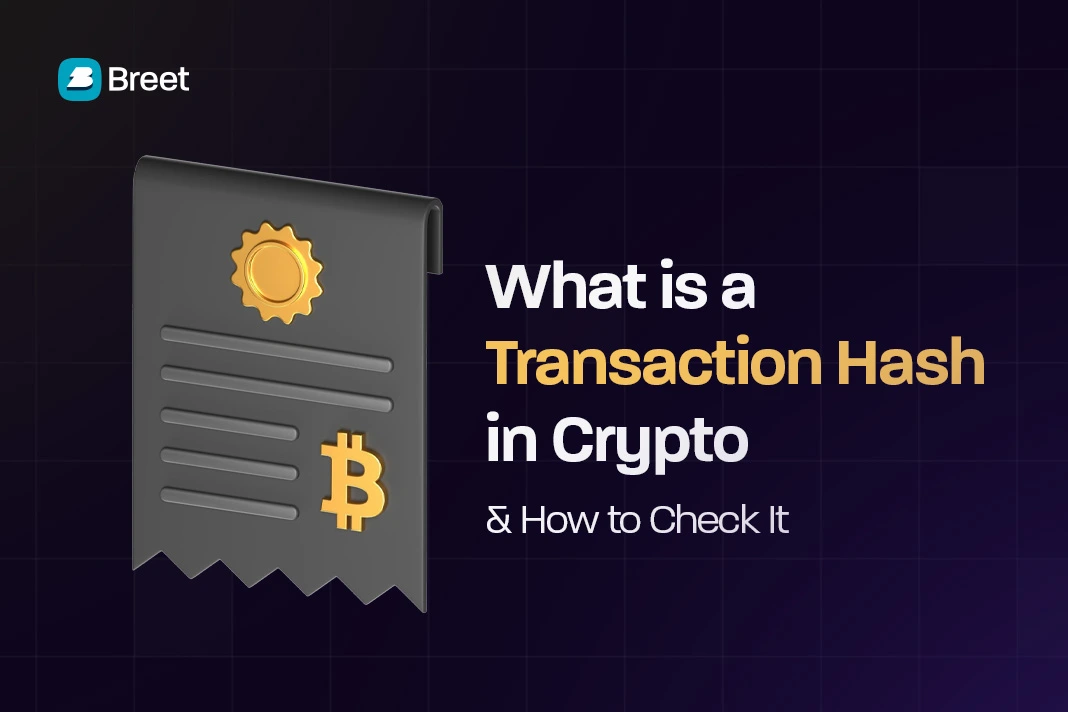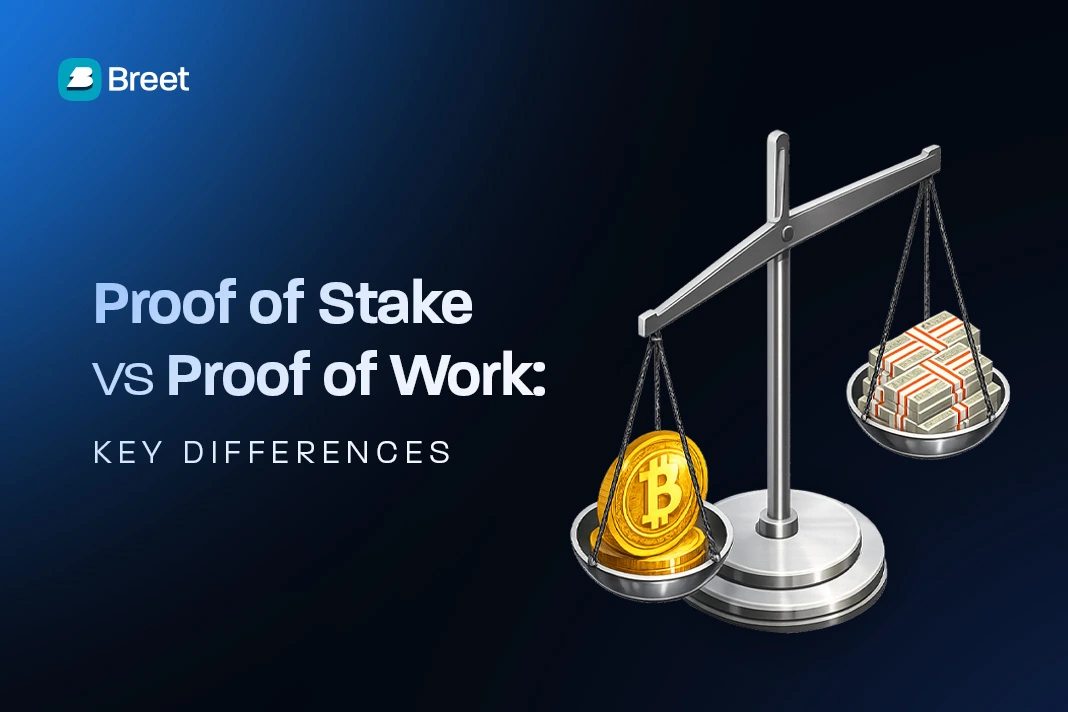If you’ve tried signing up on a crypto app and were asked to upload your ID or take a selfie, you’ve already seen KYC in action.
As of 2025, 92% of centralized crypto exchanges globally are fully KYC compliant, up from 85% in 2024.
This significant jump highlights the increasing pressure on exchanges to verify user identities.
However, you might still wonder, “What is KYC in crypto? and why do you need to do it before buying, selling, or withdrawing your crypto assets?
In this beginner’s guide, we explain everything you need to know about kyc in crypto, including what KYC means, why it’s necessary, how the process works, and what platforms do (or don’t) require it.
What is KYC in Crypto?
KYC stands for “Know Your Customer.” It’s a process used by crypto platforms to verify your identity. In the crypto space, KYC is like showing your ID before entering a secure area.
Notably, most crypto exchanges in Nigeria want to know who you are (your name and date of birth), where you live (your address) and if your ID is real (passport, driver’s license, national ID and the likes)
This verification process helps platforms stay compliant with global financial laws and keeps users safe.
Without KYC, some platforms won’t allow you to deposit, trade, or withdraw large amounts of crypto.
You Might Like:
- 21 Latest Crypto Airdrops (August 2025)
Why KYC is Required on Crypto Platforms

You may ask: why is KYC in Crypto such a big deal? Here’s why most crypto exchanges now require KYC:
Importance of KYC in Crypto
1. To prevent financial crimes
KYC (Know Your Customer) helps stop bad actors from using crypto platforms for things like fraud, money laundering, and even terrorism financing.
For example, without KYC, someone could easily open an anonymous account to move stolen funds across borders. But with identity checks in place, it’s much harder for shady activity to slip through unnoticed.
2. To follow global financial regulations
Countries around the world now have strict rules for crypto platforms, similar to those in traditional banking. Exchanges like Breet, Binance and Coinbase are required to verify users to remain legally compliant.
If they don’t, they risk fines or even being banned in certain regions.
Think of it like how banks ask for ID before opening an account, crypto platforms need to do the same.
3. To protect honest users
By verifying every user, crypto platforms help reduce impersonation, fake profiles, and scam attempts. Let’s say someone tries to pretend to be you to trick others into sending crypto.
KYC makes that a lot harder. This creates a safer, more trustworthy environment for everyone.
4. To unlock more features
Most platforms let you create an account and maybe explore a few features without KYC.
But if you want to withdraw fiat (like Naira or dollars), deposit larger amounts, or access advanced trading tools, you’ll need to verify your identity.
5. To prevent multiple fake accounts
KYC helps stop people from creating multiple accounts just to exploit sign-up bonuses or manipulate markets.
Imagine someone creating ten fake accounts to claim referral rewards over and over.
KYC makes that kind of abuse nearly impossible.
For You:
- How to Verify Bitcoin on Cash App: Step-by-Step Guide
How KYC in Crypto Works (Step-by-Step Guide)
Curious about how KYC in crypto actually works? Here’s a simple step-by-step breakdown of what to expect:
1. Create an account
Start by signing up on the platform, usually with your email address or phone number. This is the first step to getting started.
2. Fill in your personal details
Next, you’ll be asked to provide some basic information like your full name, date of birth, residential address, and sometimes your occupation.
It’s similar to filling out a form when opening a bank account.
3. Upload your ID documents
You’ll need to upload a valid form of identification.
This could be your National ID card, driver’s license, or international passport.
Make sure the document is clear, uncropped, and not expired. Blurry photos or outdated IDs can delay the process.
4. Take a selfie or complete a face scan
To confirm that you’re really the person in the ID, most platforms will ask for a live selfie or a quick face scan.
This helps prevent someone else from using your documents.
5. Wait for verification
Once you submit your details, the platform will review everything.
This can take anywhere from a few minutes to a few hours. If there’s an issue, like a mismatch in your information or an unclear image, you may be asked to try again.
That’s it. Once your KYC is approved, you’ll be able to access more features on the platform, including fiat deposits, withdrawals, and higher trading limits.
Popular:
- What is the Best Cryptocurrency Website in Nigeria? Top 13 Sites
Is KYC in Crypto Safe? What Happens to Your Data?

Many people wonder if it’s truly safe to share their ID with a crypto platform.
It’s a valid concern, especially with rising cases of online fraud. But here’s what you should know to ease your doubts:
1. Reputable platforms use secure systems
Well-known crypto apps like Breet, Binance, and Coinbase protect your information using advanced encryption and bank-level security.
These systems are designed to keep your personal data out of the wrong hands.
2. Your wallet stays private
KYC is only about verifying your identity.
It does not give the platform access to your crypto wallet, private keys, or any control over your funds. Your assets remain under your control.
3. Privacy policies are in place
Most licensed exchanges follow strict privacy rules and will not sell or misuse your data.
Still, it’s smart to read the platform’s privacy policy so you know exactly how your information is handled.
Also, be extra cautious: always upload your ID only through official websites or apps.
Never share sensitive documents in Telegram groups or sketchy links claiming to offer “quick verification.”
In short, KYC can be safe when you use trusted platforms and stay alert about where and how you share your information.
You Might Like:
- The Best 11 Play to Earn Crypto Games in 2025
Crypto Platforms That Require vs Don’t Require KYC
Platforms that Require KYC
These platforms need full identity verification to access their services. Top examples are:
1. Breet
Breet is a crypto cash-out app popular in Nigeria and Ghana.
It helps users convert crypto to local currency (Naira or Cedi) without using peer-to-peer trades. Here, users must verify their identity with a government-issued ID and a selfie for full access to services.
2. Binance
Binance is the world’s largest crypto exchange by trading volume, offering spot, futures, margin trading, crypto staking services, etc.
Users must complete full KYC (ID + facial verification) to trade, deposit, or withdraw funds. Basic KYC includes name, ID, address, while advanced levels unlock higher limits.
3. Bybit
Bybit is a centralized exchange that offers crypto derivatives trading, copy trading, and a user-friendly spot market.
Having a tiered KYC system, basic users can deposit but have restricted withdrawals and features. Accordingly, full KYC (ID + facial recognition) is needed to increase limits and access fiat services.
4. KuCoin
KuCoin is a global centralized crypto exchange offering spot trading, staking, lending, and derivatives trading services among others. Here, KYC verification is optional for basic trading with lower withdrawal limits.
However, identity verification (ID + facial scan) is required for higher withdrawals and fiat services.
5. Coinbase
Coinbase is a regulated U.S.-based exchange known for its simplicity and secure crypto buying/selling experience.
For its KYC requirements, ID verification, proof of address, and facial verification are mandatory before users can transact.
Notably, these platforms are perfect for users who want reliable, regulated, and full-featured crypto services.
Crypto Platforms that allow no-KYC or optional KYC
KYC in crypto is not compulsory for some platforms.
These are crypto platforms that let you trade or interact without verifying your identity.
Typically, these non-KYC platforms just require you to connect your wallet and start using their services like swapping, staking, buying and selling of crypto assets.
Examples of non-KYC platforms include:
1. Uniswap
Uniswap is a decentralized exchange (DEX) on the Ethereum blockchain where users can buy, sell, stake and swap different cryptocurrencies.
To access the platform’s services, simply connect your wallet (EVM-compatible) to the platform.
2. PancakeSwap
A leading DEX on BNB Chain, PancakeSwap allows users to swap BEP-20 tokens and participate in liquidity pools.
PancakeSwap is fully decentralized and doesn’t ask for user identification or data. Users simply need to connect their wallet to the platform to carry out transactions.
3. dYdX
dYdX is a decentralized perpetual futures trading platform offering high-leverage trading with a self-custodial experience.
As a DeFi protocol, it doesn’t require user identity checks. Anyone with a compatible crypto wallet can trade on the platform.
4. Jupiter Exchange
Jupiter is a Solana-based aggregator that finds the best token swap rates across multiple DEXes. Here, users just connect wallets and trade without sharing any personal data.
5. Kamino Finance
Kamino is a Solana-based decentralized platform where users can stake, lend and borrow cryptocurrencies to earn yields.
As a decentralized DeFi platform, Kamino does not require KYC. Users interact using their wallets.
Notably, some tradeoffs of non-KYC platforms include inability to deposit or withdraw fiat, no customer support or password recovery and higher risk of scams. However , there’s greater privacy and anonymity
Don’t Miss:
- Why is Bitcoin Fee So High? & How to Lower It
Conclusion on KYC in Crypto
KYC in crypto may be a concern to some, but it plays a major role in keeping users and platforms safe.
It helps prevent scams, ensures compliance with global laws, and gives you full access to all features of a crypto exchange.
If you’re in Ghana or Nigeria and want a simple way to sell crypto, Breet makes KYC fast, secure, and stress-free.
Once verified, you can cash out your crypto in just minutes with no complicated processes or P2P risks involved.
FAQs About KYC in Crypto
Why do crypto apps need my ID?
Crypto apps request your ID to comply with international regulations, prevent fraud, and ensure the safety of all users. Verifying your identity helps stop money laundering, scams, and the use of fake accounts.
Can I use crypto without KYC?
Yes, you can use crypto without KYC on decentralized platforms like Uniswap or MetaMask. However, you won’t be able to withdraw fiat currency or use advanced features on most centralized exchanges without completing KYC.
How long does KYC take to approve?
KYC verification typically takes between 5 minutes and 24 hours. Some platforms approve instantly, while others may take longer if your documents are unclear or need manual review.
Is my data safe after KYC?
Your data is generally safe if you’re using a trusted and licensed crypto platform. Reputable exchanges use encryption, secure servers, and strict privacy policies to protect your personal information.








